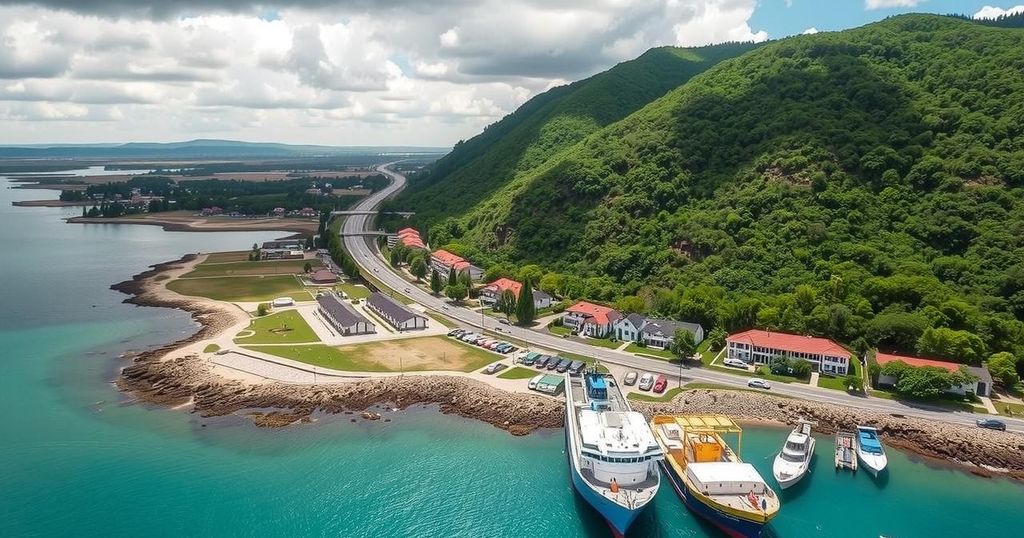Lobito Corridor: Opportunity or Modern Colonialism for the DRC?

The Lobito Corridor project, intended to enhance regional connectivity between Angola and the DRC, provokes mixed reactions. While some Congolese anticipate benefits in job creation and economic stimulation, many fear it may enable further exploitation of the nation’s rich natural resources by foreign interests. Analysts call for a critical evaluation of agreements to ensure local communities benefit from their wealth.
The Lobito Corridor project, connecting Angola and the Democratic Republic of the Congo (DRC), is eliciting both optimism and apprehension among local populations. Although regional leaders regard it as an opportunity for economic transformation and job creation, many Congolese individuals fear it will merely facilitate the further exploitation of their nation’s abundant natural resources. With vast reserves of cobalt and copper, the DRC holds immense economic potential, yet the benefits of its resources have historically favored foreign interests over local communities.
In conversations surrounding the Lobito Corridor, some locals express hope for development and job creation. Congolese President Felix Tshisekedi has stated that the project may create approximately 30,000 direct and indirect jobs, potentially improving living conditions in the region. However, others feel the corridor may lead to a new form of colonial exploitation. Dady Saleh, an economic analyst, condemned the project as an example of neo-colonialism, asserting that most revenues generated will not return to the Congolese people.
Souverain Kabika of Haut-Katanga province expressed concern over the shrinking job market, fearing that the shift to railway transportation may jeopardize his current employment. Similarly, Lambert Menda from the New Civil Society of Congo emphasized that past experiences have shown local resources have primarily benefitted foreign companies. He urged that this time, the focus should be on ensuring wealth is shared with and used for local communities to improve infrastructure and essential services.
President Tshisekedi remains hopeful, suggesting that the Lobito Corridor represents a strategic opportunity for the DRC to enhance the value of its mineral resources, particularly in the context of the global energy transition. Despite the government’s optimism, analysts stress that a critical reevaluation of the project’s contracts must occur to ensure that DRC’s benefits are duly guarded. Only with equitable agreements can the DRC leverage its considerable natural wealth for the betterment of its citizens, circumventing the risk of yet another cycle of exploitation by foreign interests.
The Lobito Corridor, a significant infrastructure project backed by the United States, aims to facilitate trade and transportation between Angola and the DRC. Spanning approximately 1,300 kilometers, the project links key mining regions of the DRC rich in cobalt and copper. Despite promises of economic growth and job creation, many locals are skeptical, fearing it primarily serves foreign exploitation rather than local development. The past history of resource extraction in the DRC has often resulted in benefits accruing to multinational corporations rather than the local population, leading to widespread poverty despite the country’s vast mineral wealth.
The Lobito Corridor project symbolizes both hope and trepidation for the DRC. While it promises potential economic benefits and infrastructure development, significant skepticism surrounds the actual distribution of profits and the project’s long-term impact on local communities. Without careful considerations and negotiations, there is a risk that the project will perpetuate existing cycles of exploitation rather than empower the Congolese populace. Proper management and a focus on local benefit are essential to ensure that the corridor aids in national development rather than serving as a conduit for foreign profit.
Original Source: www.aljazeera.com







